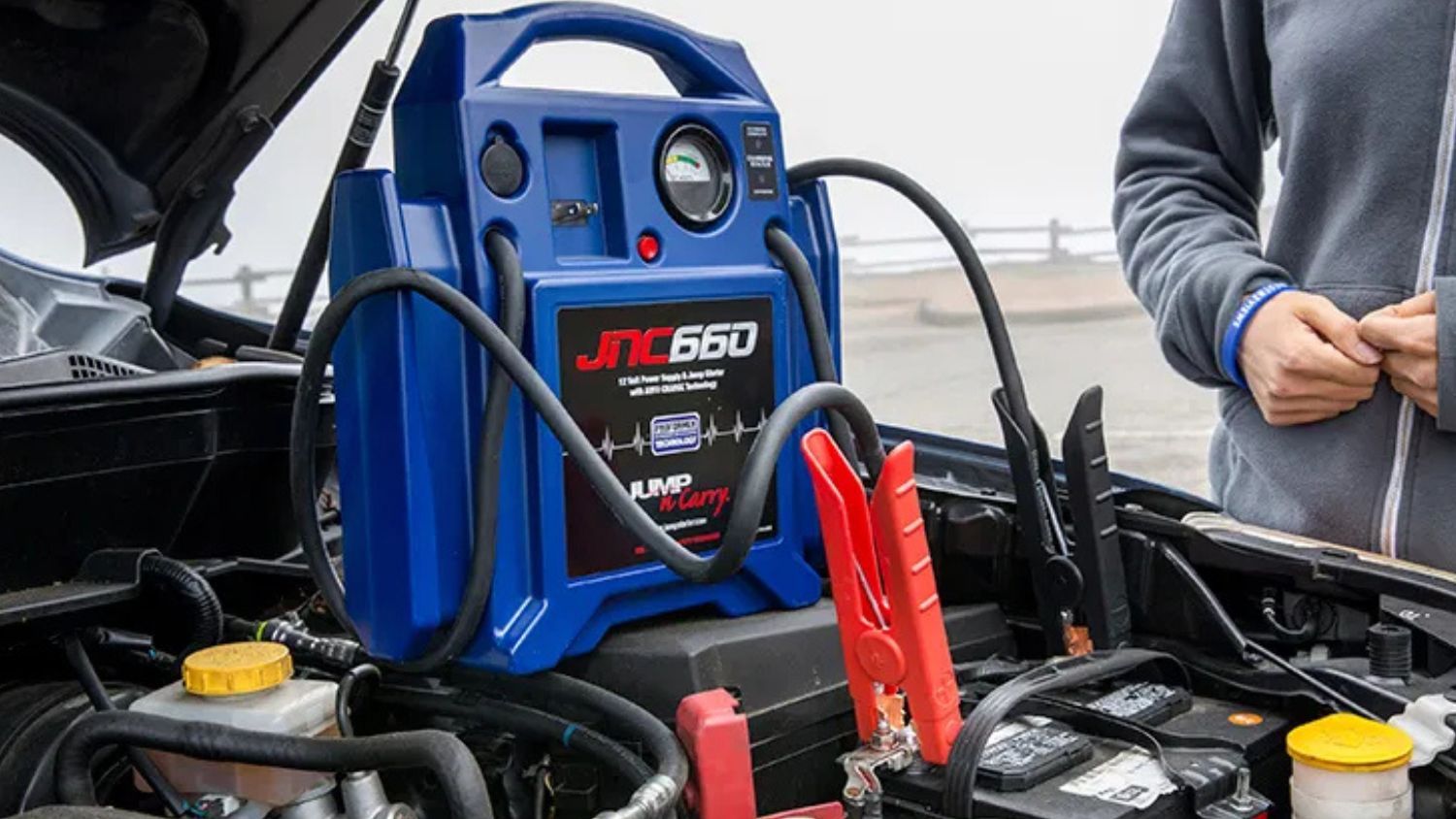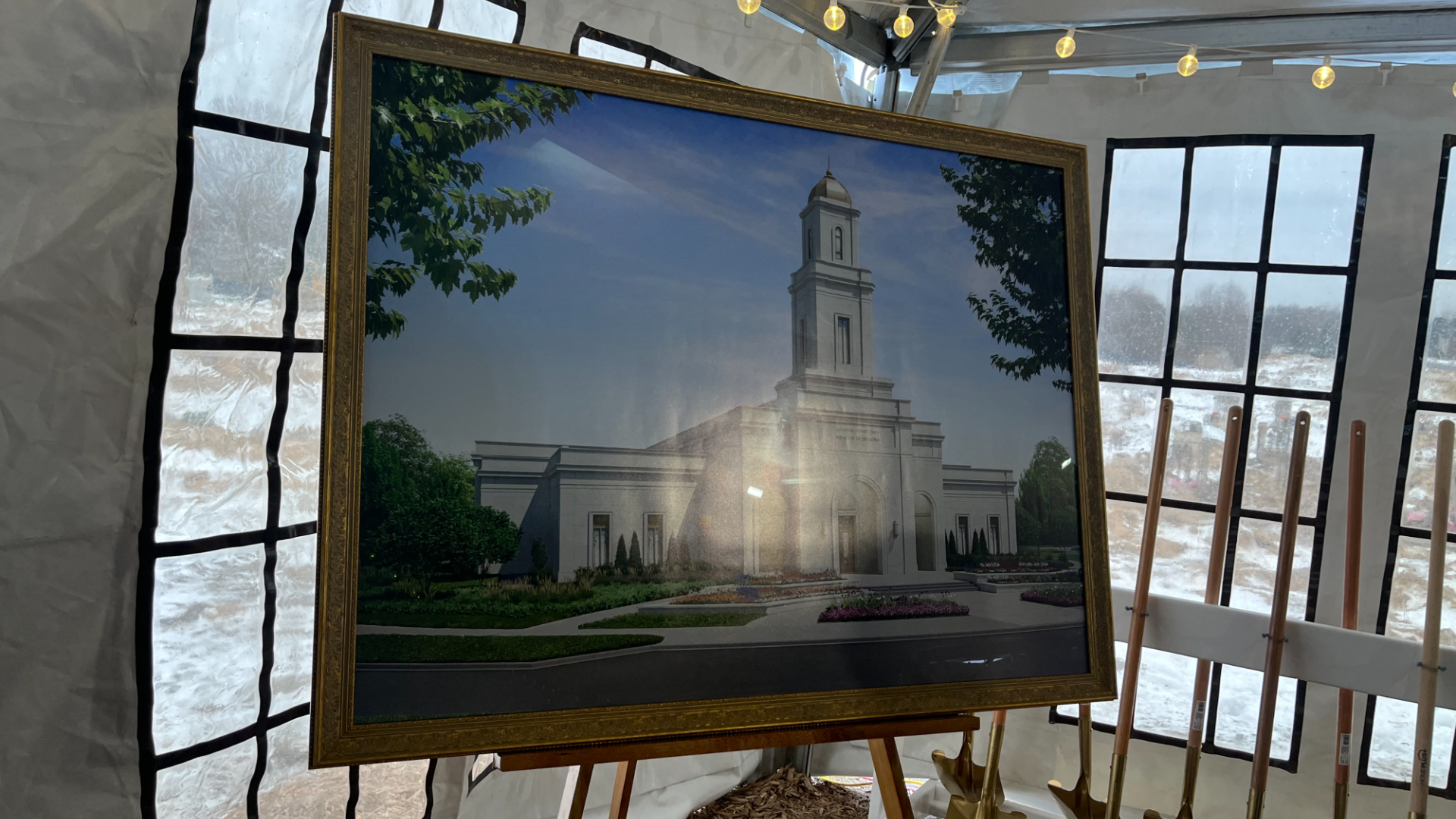GRAND RAPIDS, Mich. (WOOD) — David LaGrand says he is the right person to be Grand Rapids’ next mayor.
As the top two vote-getters in the August primary, LaGrand and Senita Lenear are vying for the mayor’s office in the Nov. 5 election.
LaGrand is a former assistant Kent County prosecutor, Grand Rapids city commissioner, Grand Rapids school board member and has represented the region in the Michigan Legislature. In a recent interview with News 8, he said he has high hopes for his potential mayoral agenda.
Asked what he would do on his first day in office if elected, he replied, “Probably spending a lot of time getting to know the people I am going to be working with, I would imagine.”
He outlined five priorities he would like to tackle. The first was justice and public safety, including a more robust approach to handling police calls involving people with mental health issues.
“I had a conversation this afternoon with an organization about doing better implementation of co-response for issues where there is mental health issues involved in the call. And at this point right now, specifically, (mental health authority) Network180 has provided funding for a couple mental health professionals to go along with (Grand Rapids Public Department) officers when they respond to calls, but that’s only happening on the night shift,” LaGrand said. “It’s only happening night shift where we only have two people. So I want to have an immediate conversation about staffing up the number of those folks so that we can have them on daytime shifts as well as night shifts.”
Also high in his priority list is supporting the development of the local economy and creation of jobs.
“If I have to be available to go and talk to a company that’s considering moving to Grand Rapids, I will. If I have the ability to sell Grand Rapids, I’ll do that. If I have the ability to get rid of obstacles that are in the way and if I hear from companies things that are impediments for them, that’s going to inform the focus” of conversations with fellow city leaders, he said.
Affordable housing is a key component to that economic growth, LaGrand said. He referred back to his days in the state Legislature for one possible solution.
“I wrote law, a legislation that allows cities to have land banks. Grand Rapids is poised to create a land bank now. Now, one of the things that land banks can do is strategic development. One of the other things it can do is it can assist in speeding up the cost of construction, and at the end of the day, time is money,” LaGrand said. “Driving down the cost of construction, partly, is driving down this the timeline for construction. It also means freeing up lots that traditionally haven’t been seen as developable.”
His two other priorities were holding city hall and elected officials accountable and improving the city’s environmental sustainability efforts.
“There are ways we can do government better. We can build better, participatory models,” he said. “We’re going to hope the community engages so we can start having conversations about policy before the policy is crafted, rather than after the policy is crafted.”
He mentioned frequent town hall meetings addressing various themes and work on policies regarding elected officials’ financial disclosures.
Asked why people should elect him as the next mayor, LaGrand urged voters to “make a careful choice.”
“I don’t think anybody should vote for anybody except if they look at what they’ve done in the past and they carefully evaluate whether they can in the future and see what things they prioritize as things they want to do in the future,” he said.
Absentee voting is underway in Michigan. Early in-person voting begins in Grand Rapids Oct. 26.
Below, read additional excerpts from News 8’s interview with LaGrand, edited for length and clarity.
News 8: What would your first 100 days in office look like?
LaGrand: “The things that I think that I’ve been talking to voters about, and that I think voters are really concerned about, really boiled out to a bunch of different baskets. … Justice and policing is a real priority, and there are lots of conversations that we want to start there about how to do that better in Grand Rapids. I’m excited to have that, to have those conversations keep moving. Also affordable housing: Everybody in town knows that we have an affordability problem and an access to housing problem, and so starting to work on that, but that’s going to be something we’re going to want to do some real work on in the first 100 days. And then also street design and neighborhood progress. We’re losing a lot of people to traffic fatalities in this town, and we’ve got to have a real movement, and as fast as we can, on lowering the number of people who are getting killed in our city by vehicular accidents. And I think that there’s some work we can real work we did the first time based on that. Finally, there are ways we can do government better. We can build better, participatory models.”
Regarding affordable housing:
LaGrand: “There is a bunch of room. … Surface parking lots are not good for cities. Surface parking lots, as far as I’m concerned, are all building opportunities. So the question is how you put pieces in place that make that happen. … For every one person you see living under a bridge, there are people who are couch surfing. For everybody who’s couch surfing, there’s a whole bunch of other people who are rent, housing insecure. They are, one step, one paycheck away from an eviction. So there’s this mountain of need and there’s this mountain of inadequate provision of the things that people need. It’s continentwide, but I want Grand Rapids to become a national leader on addressing these sorts of issues, and it’s going to take things like the land bank. It’s going to take things like taking a hard look at zoning. It’s going to take making sure that we don’t have unnecessary vetoes that get in the way of letting people live where they ought to be able to live. … I’m running to be a conduit for a vision that I hope is shared by the citizens. But that means those conversations have to start as conversations; they can’t start with my idea. They have to start as conversations about the need and options we can bring to bear.”
News 8: With your experience on the school board, what are your views on using education to help reduce crime?
LaGrand: “When I was on school board, my top priority there was to institute something called restorative practices. And restorative practices is a model of dealing with conflicts that tries to actually get to the source of the problem, rather than simply looking at behavior and immediately punishing the behavior. So our criminal justice system in general is not very good at dispersing and solving conflicts. We often act as though punishment is going to solve the underlying problem. And we know from raising our own children that it’s not really how things work. If you want to know why you’ve got a kid who’s misbehaving, I need to figure out what’s contributing to that. So one of the things that we developed in the educational space in the last few years was a risk factor analysis. You can look at some basic questions and they can really inform how likely it is that that kid is going to be under stress and have problems. … There’s not directly something that city government does there, but the city absolutely has to be a good partner on those things that influence how the environment that those children are in and that they’re learning. It’s not it’s not the city’s job to educate. That’s the school’s job. But it’s our job to make sure that we have a community where people are able to thrive and that community then is going to position children to be better. So it’s absolutely critical. I think anybody who looks at cities and has lived in cities their whole life, as I have, knows like there are foundational things you need for the city to do well, and an educational system that’s going to let our children thrive and do well is one of the two key things that we need in cities. People need to feel safe and like the community is stable, and they need to feel like the kids are going to get a good education, or cities don’t work.”










